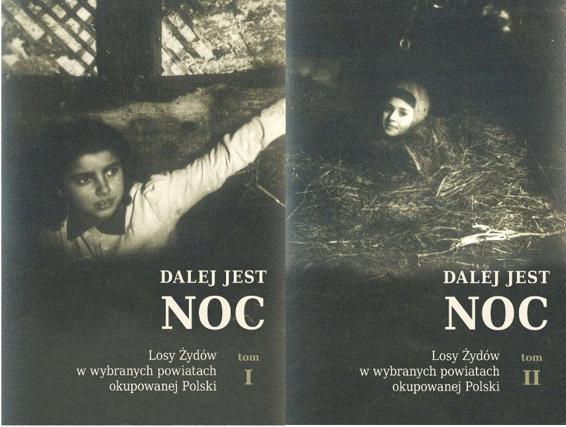

Most ebook files are in PDF format, so you can easily read them using various software such as Foxit Reader or directly on the Google Chrome browser.
Some ebook files are released by publishers in other formats such as .awz, .mobi, .epub, .fb2, etc. You may need to install specific software to read these formats on mobile/PC, such as Calibre.
Please read the tutorial at this link: https://ebookbell.com/faq
We offer FREE conversion to the popular formats you request; however, this may take some time. Therefore, right after payment, please email us, and we will try to provide the service as quickly as possible.
For some exceptional file formats or broken links (if any), please refrain from opening any disputes. Instead, email us first, and we will try to assist within a maximum of 6 hours.
EbookBell Team

4.7
26 reviewsWhen these findings were first published in a Polish edition in 2018, a storm of protest and lawsuits erupted from Holocaust deniers and from people who claimed the research was falsified and smeared the national character of the Polish people.
Night Without End, translated and published for the first time in English in association with Yad Vashem, presents the critical facts, significant findings, and the unmistakable evidence of Polish collaboration in the genocide of Jews.
"Professors Grabowski and Engelking belong to the small group of founders of the New Polish School of Research on the Holocaust. Their work has revolutionized historiography of the Holocaust in Poland and beyond. Night without End shows well the meticulous quality of their scholarship and the openness with which they confront the subject of complicity of the local population in the persecution of Jews during the German occupation of Poland. "
~Jan T Gross, Princeton University (Emeritus)
"Night Without End marks a turning point in scholarship on the Holocaust in Poland. Drilling down on the role of the local population in the Judeocide, Night Without End sheds bright light on key questions long taboo in Polish society and elided by historians. Bold and innovative, it opens our lens on Jews' struggle for survival through the trajectories of individuals, showing how their Polish, Ukrainian, and Belorussian neighbors greatly increased or substantially diminished their chances of survival".
…